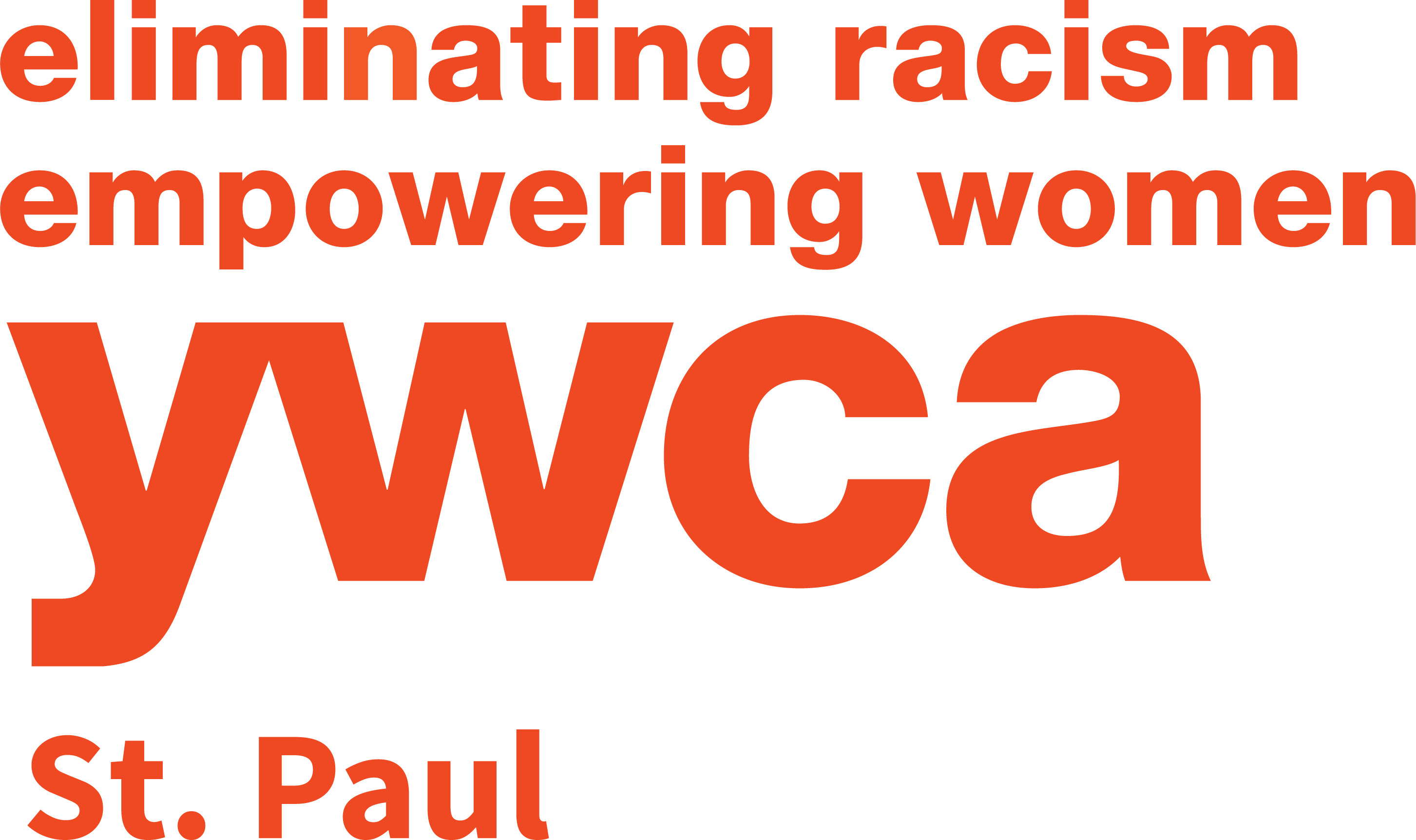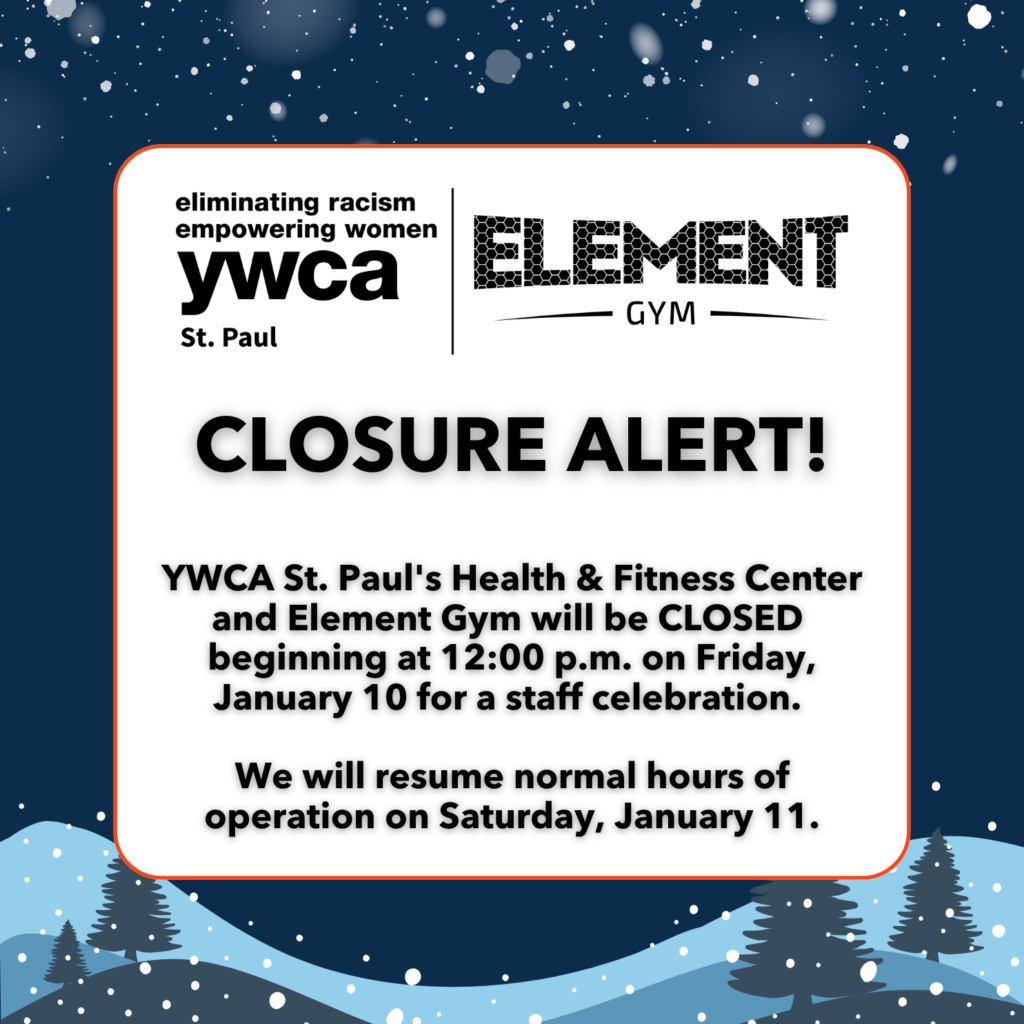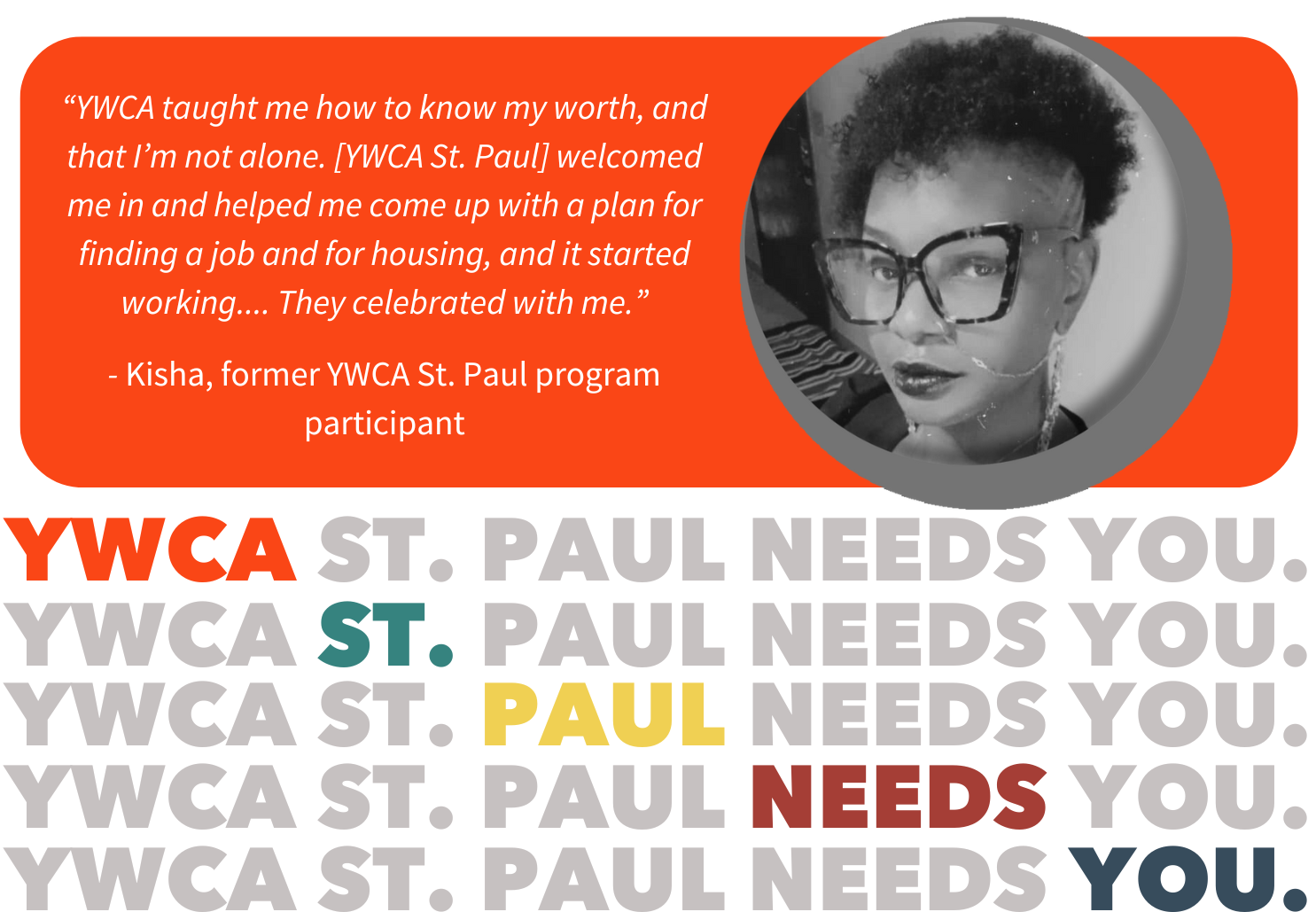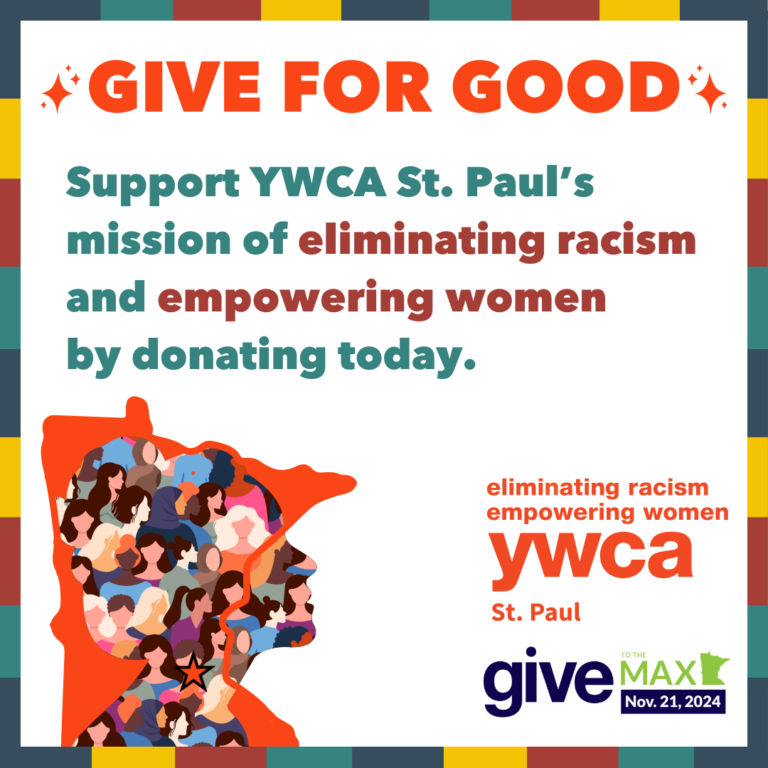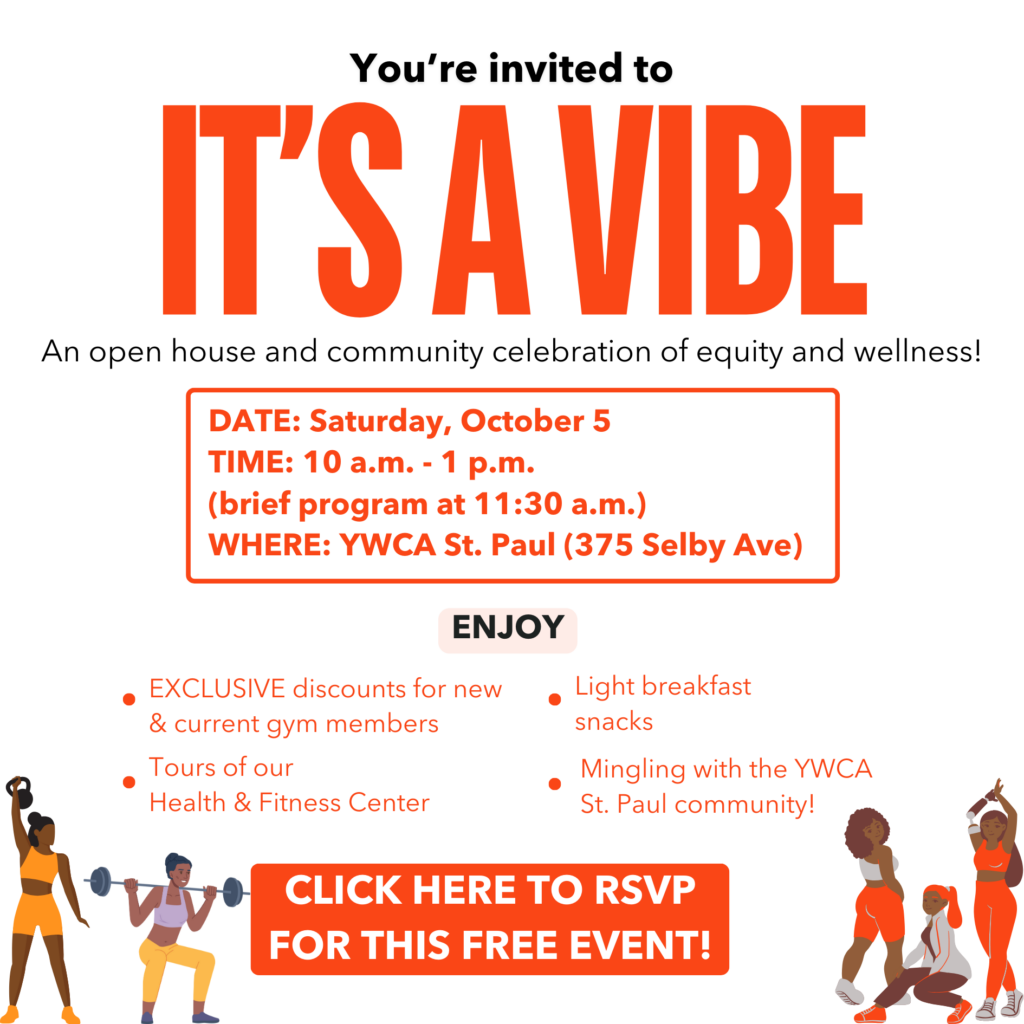Being ‘anti-racist’ doesn’t require that you always know the right thing to say or do in any given situation, it simply asks that you take action and work against racism wherever you find it including, and perhaps most especially, in yourself.
As you start Day One of our 21-Day Racial Equity and Social Justice Challenge, we hope you will find the content in series is a good investment of your time. Each day you’ll have the chance to learn from a wide range of sources, challenging you to think and act differently.
For Day One of the Challenge, we invite you to ground yourself in the history of African American Inequality in the United States with the attached white paper from the Harvard Business School, May 2019. This overview takes readers on a journey that begins in the 1500s, and brings you forward to modern day America where racial inequalities continue to contribute to disparities in education, income, and wealth potential for African Americans and communities of color.
As we start this journey with you, we want to thank our colleagues at YWCA Cleveland for sharing this exercise with us and for inspiring us to run this 21 day challenge right here in the Twin Cities. Thanks for taking the challenge!
Click here to read the rest of the email.
